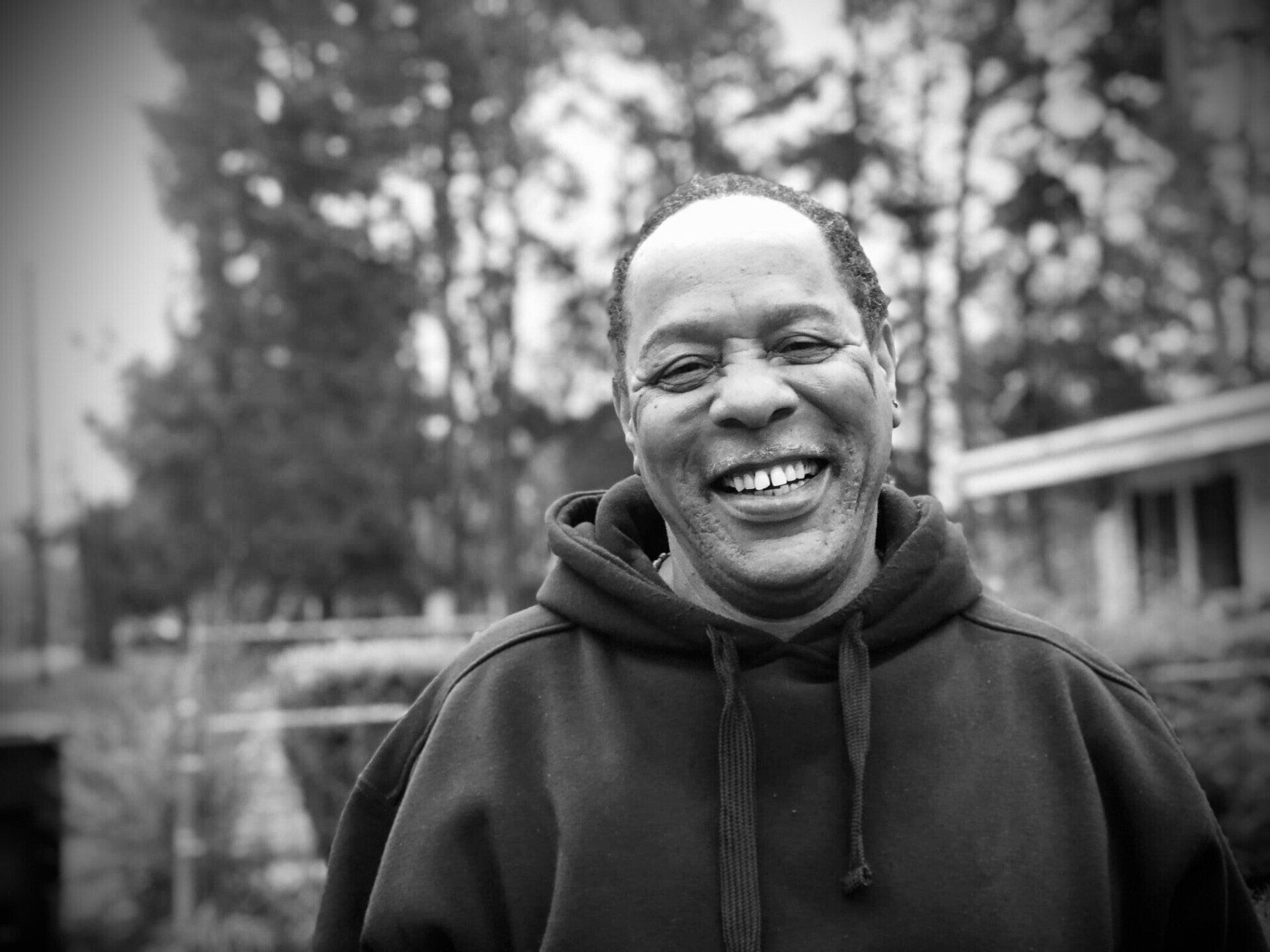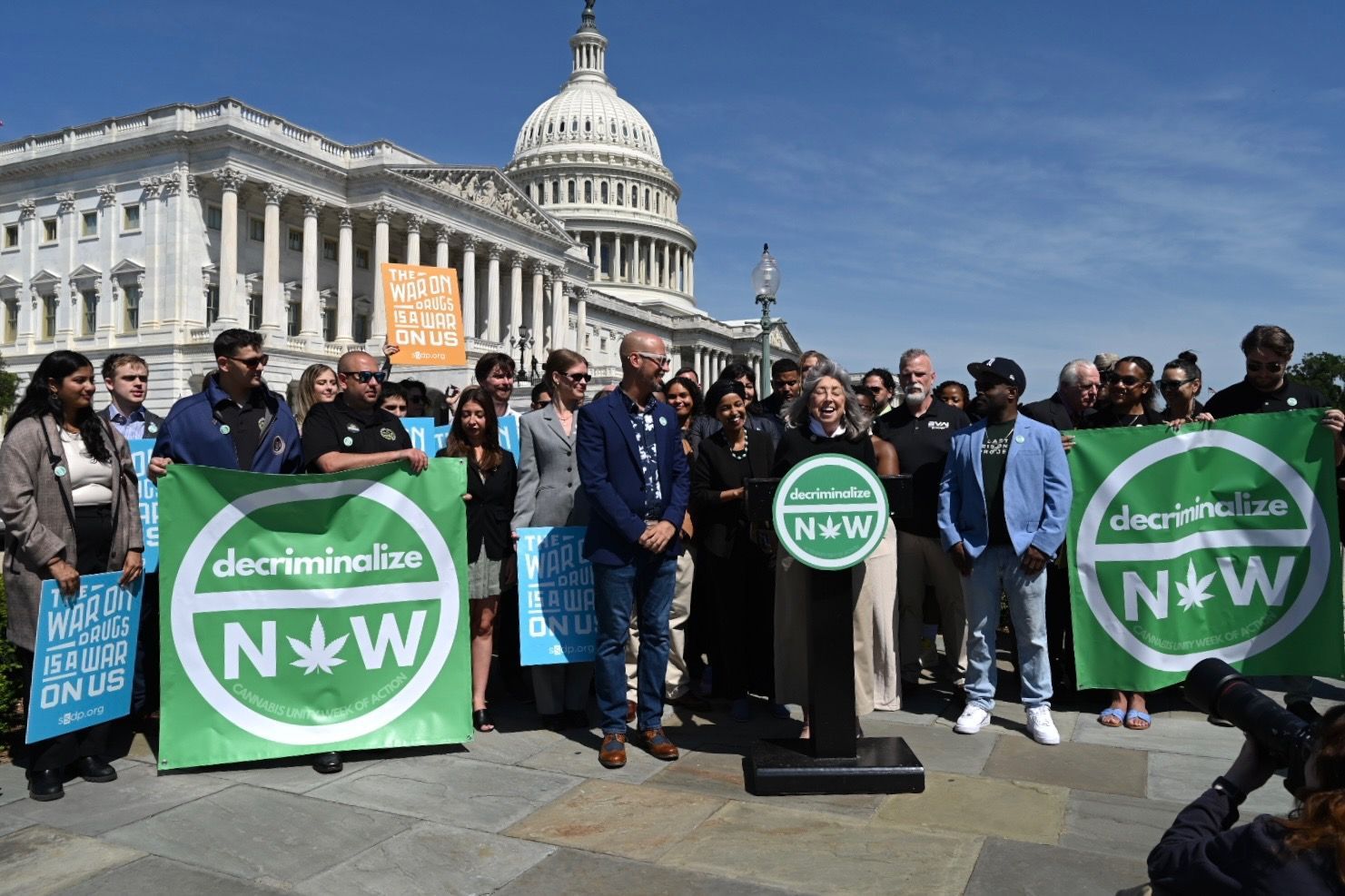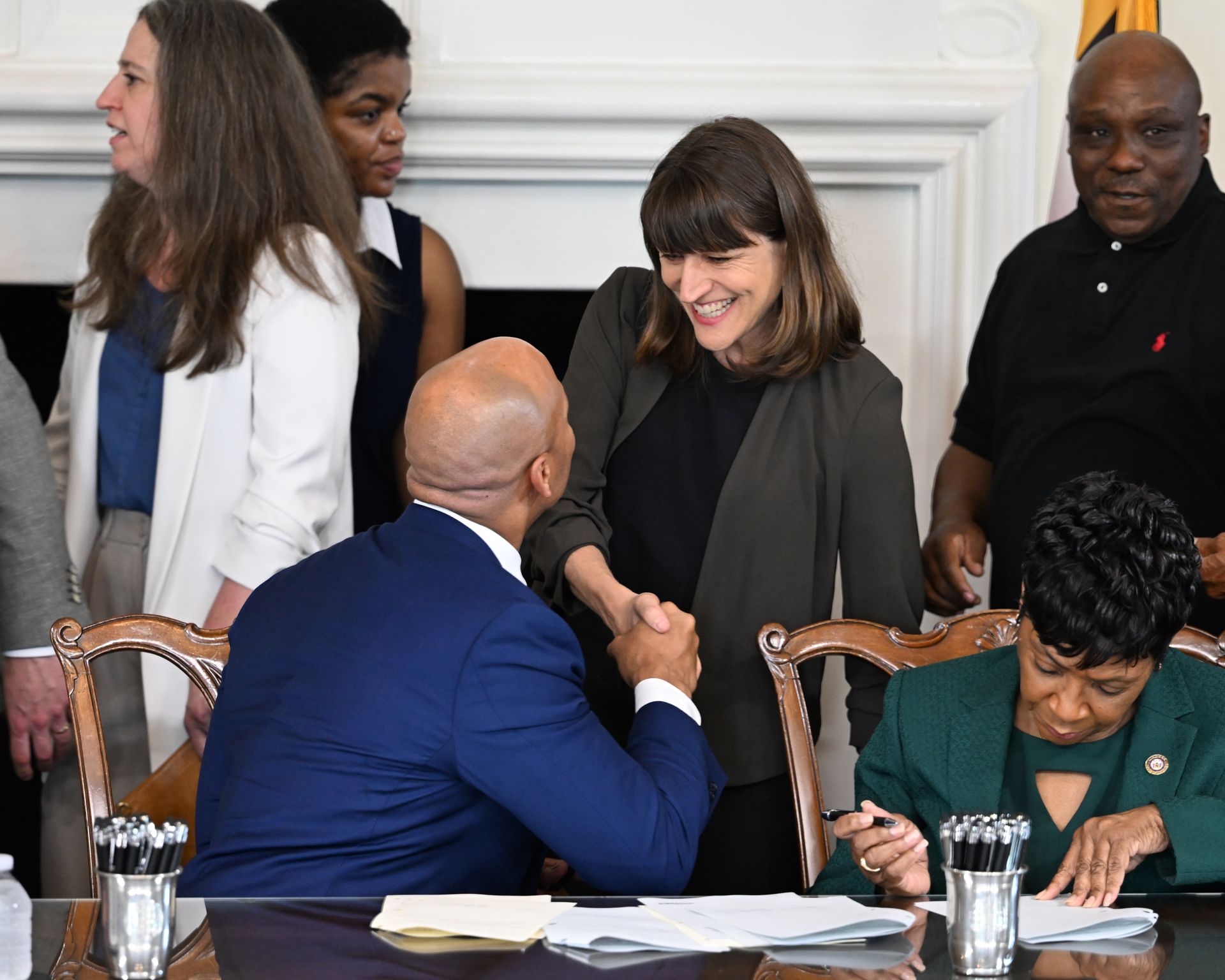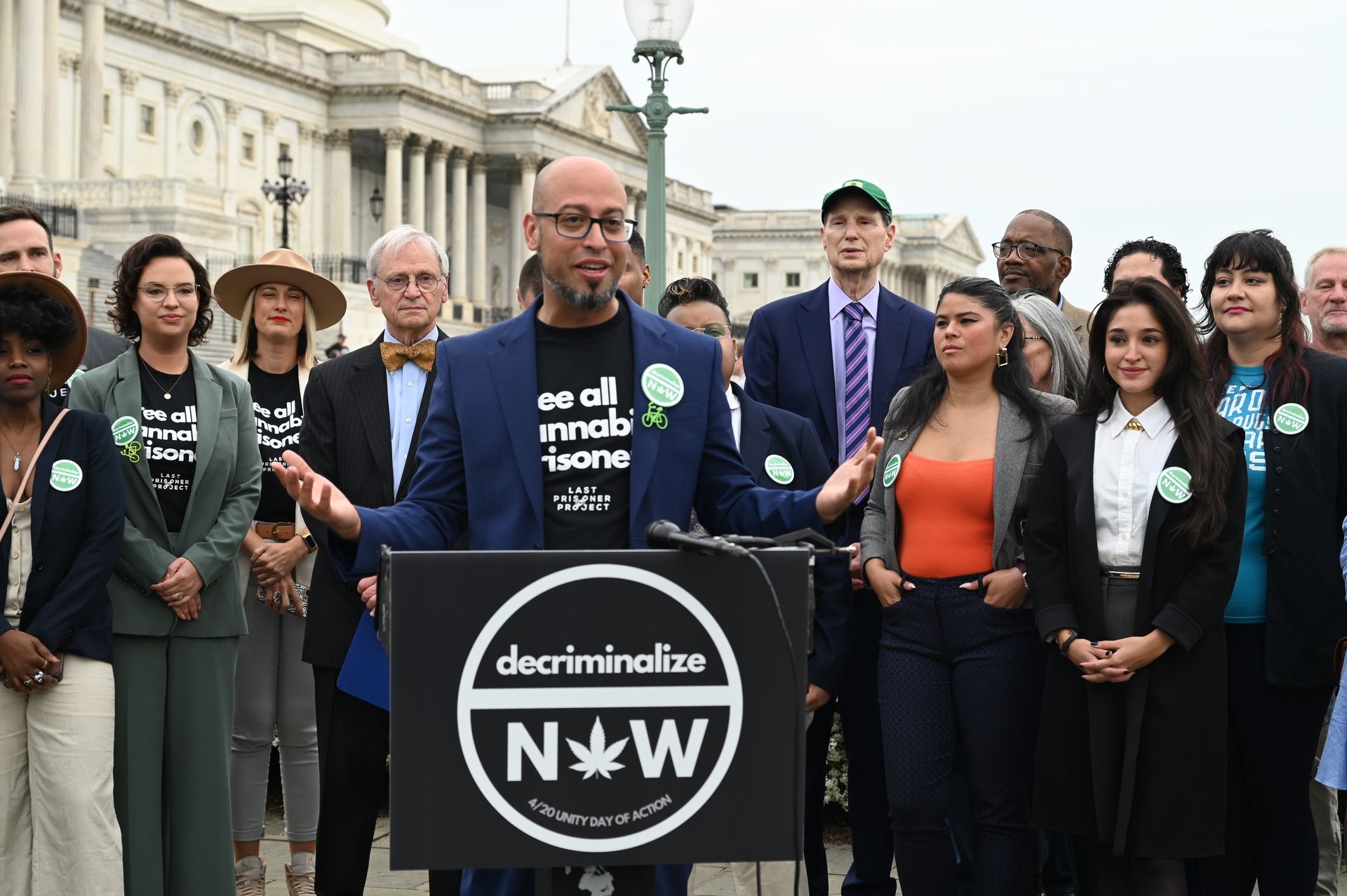Remembering Fate Winslow
Remembering Fate Winslow 1967-2021

Photo provided by INPO
TRAGIC NEWS
After less than five months at home with his family and friends, it is with deep pain and sorrow that we share the news of the tragic killing of LPP constituent, Fate Winslow. Fate passed away just two weeks shy of what would have been his first birthday (54) as a free man in over a decade.
Authorities suspect that Fate was shot during an incident in which he was the victim of an armed robbery. More information is not known at this time.
A BELOVED FATHER, FAMILY MEMBER, FRIEND, & CONSTITUENT
“My father was taken from me for 12 years and now he’s been taken from me forever,” said daughter Faith.
In 2008, Fate was sentenced to
life in prison for selling $20 worth of marijuana to an undercover cop in Shreveport, Louisiana and had only been free since December 2020.
“None of his family were prepared for something like this to happen—he had just come home, and we looked forward to many years enjoying his laughter, kindness, and joy. We want to give him a proper funeral for his community to grieve the loss.”
Fate was loved by many. He and his daughter, Faith, had very much become a part of the LPP family since his release last year.
“Fate was such a joyous person and brought so much light to the world despite everything he had endured, and I know he brought a lot of happiness to our team. His loss is a true tragedy for our entire community.” said LPP’s Executive Director Sarah Gersten in a statement.
FATE'S STORY
In September 2008, Fate, who had recently become homeless, was approached by an undercover cop asking to buy some marijuana. After selling the officer two dime bags worth $20, Fate was arrested for distribution. He had no prior history of selling drugs and was not a known drug dealer. “Homeless and hungry, Mr. Winslow attempted to make a few dollars which led to his conviction and life sentence,” Innocence Project New Orleans (IPNO) told The Intercept.
Due to Louisiana’s racially biased and draconian habitual offender law, Fate served 12 years in a Louisiana State maximum-security prison for a plant that is now legal in 36 states and over 100 cities and municipalities.
Fate's story is a stark example of the collateral consequences of unjust sentencing laws, the systematic racism that pervades our criminal legal system, and a critically underfunded public defense system.
Public defenders often lack the resources to vigorously defend indigent clients. “We both know no money, no justice. That’s just the way the world is,” Fate told
The Intercept in 2018.
FATE’S SECOND CHANCE AT LIFE
Deedee Kirkwood and other CJR activists advocated tirelessly for Fate for years and were joined by IPNO who came on board to represent fate in 2019. A change in Louisiana law regarding post-conviction changes to sentencing, along with Kirkwood and IPNO’s advocacy and the support of the local prosecutor, made justice for Winslow possible.
Fate was resentenced to time served on December 15, 2020. He walked out of Louisiana State Penitentiary a free man the next day. “I am so full of joy. I never thought this day would come!” he told The Intercept.
Tragically, Fate would only enjoy his newfound freedom and second chance at life for four months before his untimely death.
HOW YOU CAN HELP
Fate’s family has set up a
GofundMe to collect donations to pay for Fate’s funeral service and to help support his immediate family as they recover from this tragedy. Any assistance for Fate's family at this time is greatly appreciated.






